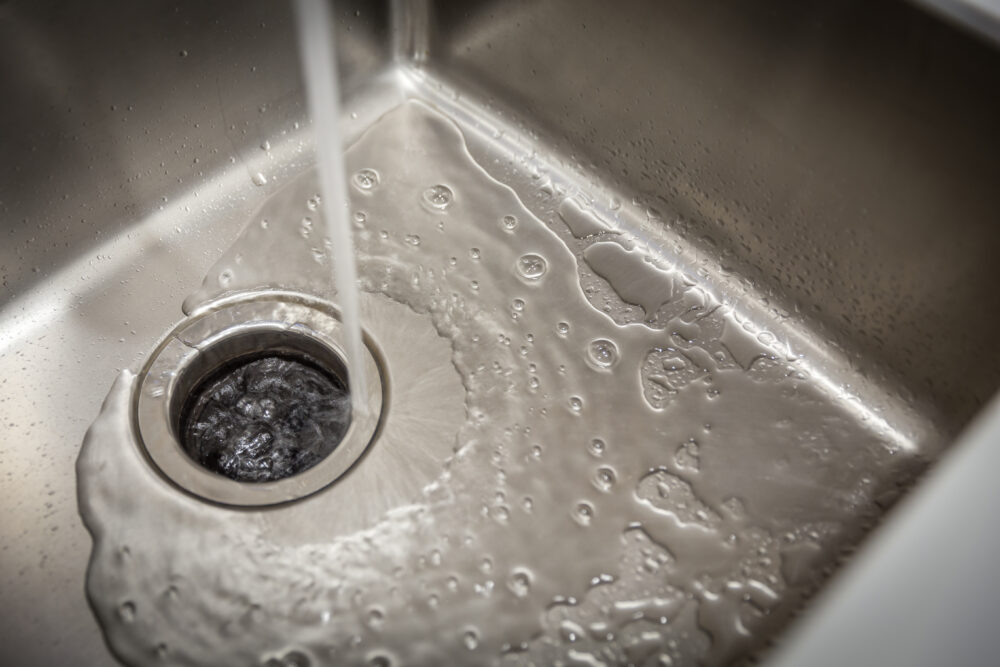Garbage Disposal Maintenance: Do’s and Don’ts
Welcome to today’s blog on Garbage Disposal Maintenance! Garbage disposals are incredible kitchen appliances that make our lives more convenient by quickly disposing of food waste. However, to ensure they work efficiently and last for a long time, proper maintenance is crucial. In this easy-to-read guide, we’ll cover the essential do’s and don’ts of garbage disposal maintenance, helping you keep your kitchen running smoothly and odor-free.

Do’s:
Run Cold Water: Always remember to run cold water when using your garbage disposal. Cold water helps solidify and congeal greasy substances, making it easier for the disposal to break them down. It also prevents overheating of the motor.
Use in Moderation: Garbage disposals are designed for small food scraps, not large quantities of waste. Use it in moderation and avoid trying to dispose of tough items like bones, fruit pits, or fibrous vegetables (e.g., celery) that can damage the disposal’s blades.
Cut Items into Small Pieces: To prevent clogs and strain on the disposal, cut larger food items into smaller pieces before sending them down the drain.
Grind Citrus Peels: Occasionally, toss some citrus peels (lemons, oranges, limes) into the disposal and run it with cold water. This not only freshens up the disposal but also helps to reduce unpleasant odors.
Use Baking Soda and Vinegar: To keep your garbage disposal smelling fresh, try pouring a mixture of baking soda and vinegar down the drain. This natural solution helps neutralize odors and break down residual buildup.
Sharpen Blades with Ice: Once in a while, toss a few ice cubes into the disposal and let it run. The ice helps to sharpen the blades and remove debris from the grinding chamber.
Don’ts:
Avoid Hard Objects: Steer clear of putting hard, non-food items like glass, metal, plastic, or even utensils into the disposal. These can seriously damage the blades and the motor.
No Grease or Oil: Never pour cooking grease or oil down the drain or the disposal. They can solidify and cause clogs over time.
Avoid Fibrous Foods: Fibrous foods like onion skins, corn husks, and artichokes can tangle the disposal’s blades and cause blockages. Dispose of them in the regular trash instead.
No Starchy Foods: Foods like pasta and rice can expand with water, leading to clogs and drainage issues. Avoid putting these down the disposal.
Don’t Use Harsh Chemicals: Refrain from using harsh chemical drain cleaners as they can corrode the disposal and harm the environment. Stick to natural cleaning methods instead.
Keep Hands Away: Never put your hand or fingers into the disposal, even when it’s turned off. If something gets stuck, use tongs or pliers to remove it safely.
By following these simple garbage disposal maintenance, do’s and don’ts, you can extend the life of your disposal, minimize the risk of clogs, and prevent costly repairs. Regular maintenance and responsible use will keep your kitchen smelling fresh and your disposal working efficiently, making meal cleanup a breeze.
If you’re still having issues with your garbage disposal, then don’t hesitate to contact us at Reed’s Appliance Repairs. We’ll make sure it’s up and running in no time so you can get back to disposing again!
